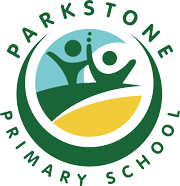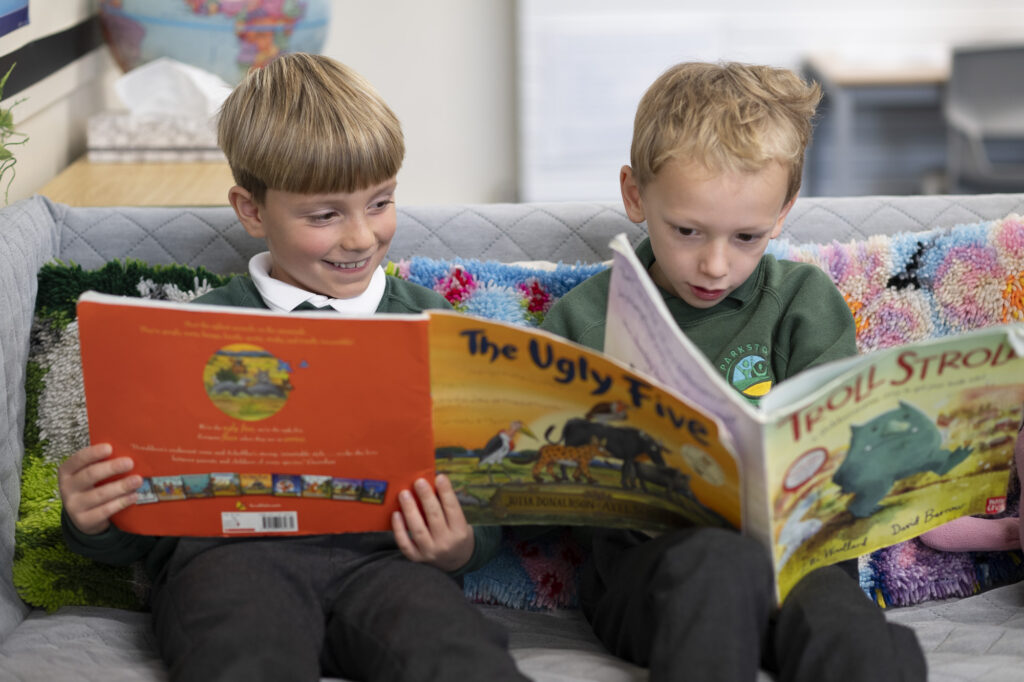The aim of Parkstone Primary School is to provide opportunities for children to develop as independent, confident, successful learners with high aspirations who know how to make a positive contribution to their community and the wider society. There is a high focus on developing children’s moral, spiritual, social and cultural understanding. We ensure that children are well prepared for life in modern Britain.
At Parkstone we provide a highly inclusive environment where virtually all learners enjoy their education and most make very good progress in all subjects and areas of learning. Pupils at all levels are helped to achieve their potential. Those who are most able are challenged and supported through appropriate extension activities. Those who struggle are encouraged and given targeted support to embed skills, to develop at their own pace or simply to learn in a style that best suits their individual needs.
Our focus on curriculum development is always carefully designed to ensure coverage and progression. It provides pupils with memorable experiences, in addition to diverse and rich opportunities from which children can learn and develop a range of transferable skills. The children’s own community, its heritage and traditions are frequently used as a starting point for engaging interest. A primary focus of our curriculum is to raise aspirations, engender a sense of personal pride in achievement, and providing a purpose and relevance for learning.
At Parkstone we provide the full core offer of extended school provision. To promote physical health and wellbeing, a range of clubs gives learners an opportunity to access a wide variety of sports clubs after school hours and during lunch times.
Subject leaders play an important part in the success of the curriculum by leading a regular programme of monitoring, evaluation and review. The innovative practice across the school provides a strong foundation and opportunities for children to work in teams and develop social skills both indoors and out. This curriculum design ensures that the needs of individual and small groups of children can be met within the environment of high quality first teaching, supported by targeted, proven interventions where appropriate. In this way it can be seen to impact in a very positive way on pupil outcomes. Enjoyment of the curriculum promotes achievement, confidence and good behaviour. Children feel safe to try new things. High quality visits and visitors into the school enhance the curriculum and provide opportunities for writing for a purpose.

